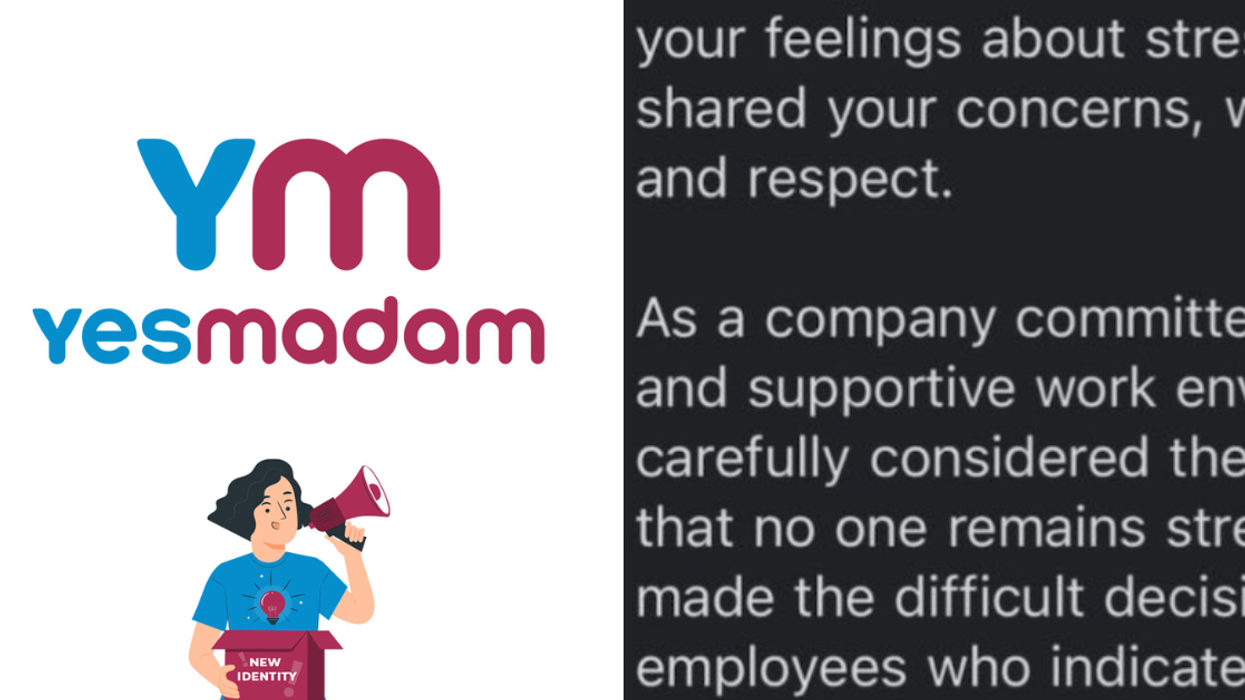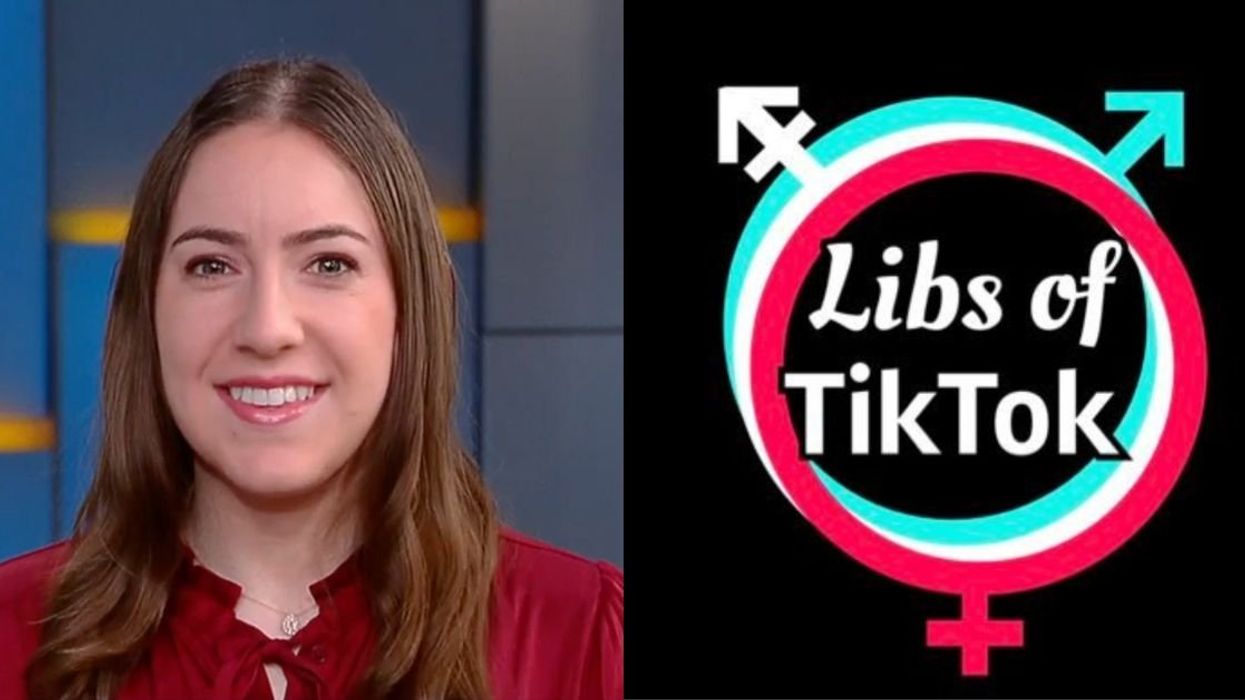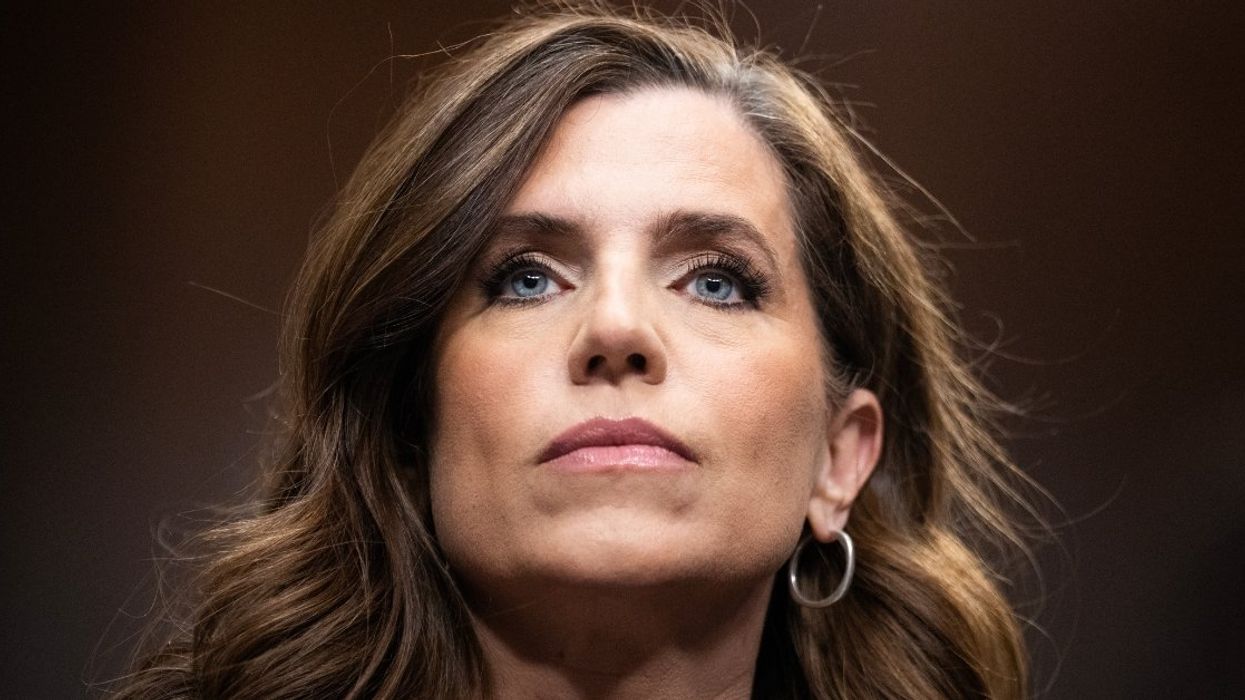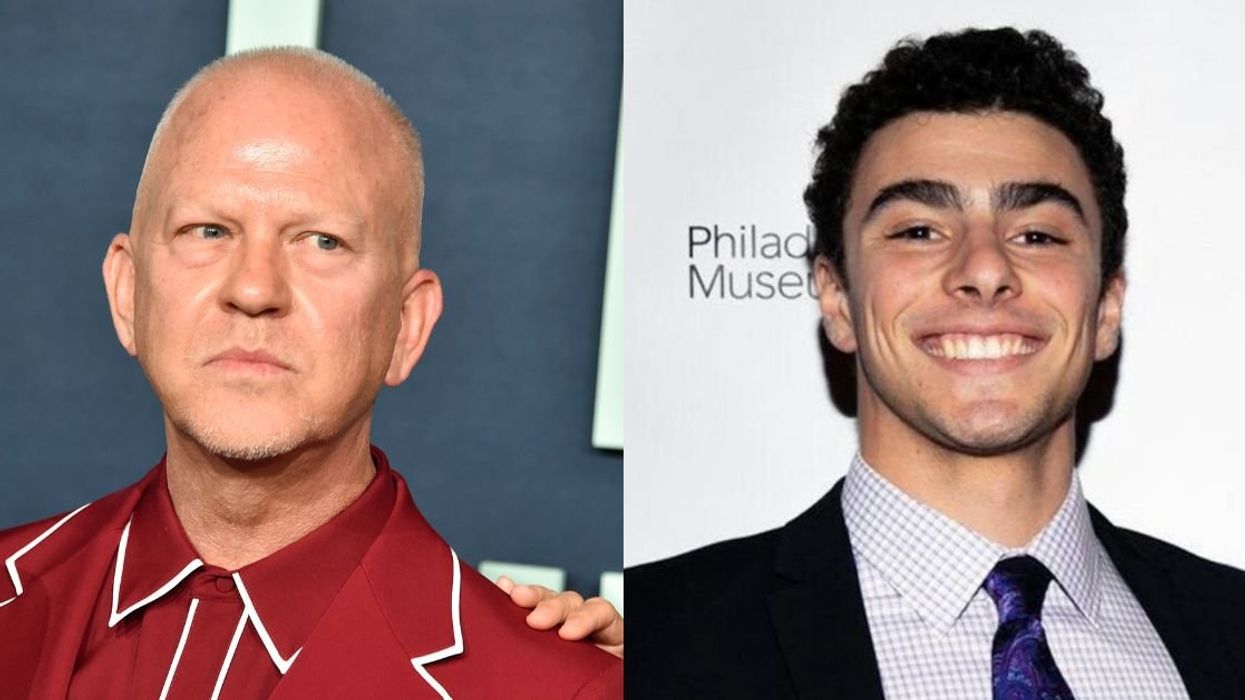Teaching is by no means an easy job––it's grossly under-appreciated, in fact.
Think of how observant teachers are, too. They're the experts, and they've likely noticed a palpable difference between the students of today and the students of yesteryear.
Gather 'round, one and all, and prepare to be schooled thanks to Redditor ihaveacrazyfamoly, who asked the online community:
"Teachers/professors of reddit what is the difference between students of 1999/2009/2019?"
"There has been a definite move..."
"Computer Science teacher here. There has been a definite move over time from trying to learn how to do something towards trying to find a ready made answer. Whenever I set my students an assignment, we discuss what they should do if they get stuck - typically involving re-reading notes, looking at the resources they've been given, looking at prior work, perhaps finally using web based resources. Students have always (as long as the web has been a thing) skipped straight to the last one, but the subtle change is rather than searching for HOW to do something, most now just search for a fully formed complete answer which they can copy and hand in."
"I've been a teacher..."
"I've been a teacher for 15 years and one thing I've noticed is that in recent years the "breakfast club" stereotypes like jocks, nerds, etc. seem to be falling by the wayside and kids seem to be hidden under many layers of irony."
"I've been teaching high school..."
"I've been teaching high school since 1993."
""Students are less homophobic by a long shot, at least where I've been. There is still homophobia but they can't be open about it."
Students talk about things like depression and mental illness more; whether the prevalence rate for things like depression actually is higher or not I don't know, but it's more talked about."
"Attitudes toward school are about the same. Hard workers, average workers, and slackers are still probably the same proportion."
"Obviously the use of technology is dramatically increased, which is good and bad. It's definitely made research super easy."
"There's more awareness of bullying, though sometimes this term gets thrown around too casually."
"Students in special ed are no longer openly mocked.
"Students are larger. A lot larger.""
"Dating in an official sense doesn't seem to occur anymore; just seems like FWB (or without benefits) is the typical arrangement.
"Seems like students spend a lot more time inside than 20 years ago.""
"I cannot imagine..."
"When I taught (having a break to do a masters), I never disguised the fact that I was gay and it wasn't a big deal. That, in itself, is notable, I think. We had a few teachers who made no effort to hide their gayness (by which I mean students sometimes ask what we did at the weekend or if we were married or anything and I'd mention my fiancé - normal conversational stuff) and we had a trans woman on staff. This is in a small town with students who generally had a low level of education or were previously kicked out of other places."
"I cannot imagine that being the case 20 years ago. The worse homophobic comments I've heard have actually been from older staff but I am ballsy enough to ask them to repeat what they just said in a "try it and we both know you'll end up in a disciplinary" voice. That's absolutely magical."
"But yeah, being gay, and to a lesser extent being trans or non-binary, has been hugely normalised in the younger generations."
"In 1999..."
"In 1999, class was super noisy when you came in. Everyone talking and then quieting down when you started teaching. Now, like walking into a funeral home. cell phone silence."
"Less interest..."
"Lawnmower parents, more emphasis on test scores, and more reliance on technology. Less interest in learning and too much interest in social media."
"In regards to..."
"In regards to technology, I think "experts" who have been telling us that the students are going to come in very technologically literate don't actually realize WHAT technology students are using. Students are using cell phones, occasionally tablets, and gaming devices like xBox. They don't use computers actively at home."
"Massachusetts switched their standardized testing to computer based testing. 100% of our students have no idea how to type in a computer when they come to us in elementary school. So not only do we have to teach them the content for these ridiculous tests, we have to teach them how to type fluently and accurately before third grade so they can type essays on the computer at 8 years old. They said the switch was because students are more technologically savvy then ever before, which is probably partially true, but not in the way that they want."
"Been teaching..."
"Been teaching since 2006. Kids are getting worse with computers due to them mostly using smart devices. I'm spending more time teaching things like how to double click and enter a URL than I used to."
"Otherwise they seem the same though. It's the parents that are different--they're overextended and their kids are suffering since their parents don't have the spoons to engage in their education as much as they need to."
"She worked in the private sector..."
"Their vocabulary and speaking skills are lacking. Why? Well, the speech/language teacher at my school gave her theory. She worked in the private sector over the summer. Parents would drop off their young kids to her and sit in the lobby on their phones (as we all do). Over the summer she would assess these kiddos and most all of them were of normal intelligence and ability. So why are the kiddos severely behind in speaking and language skills? She claims that parents are not SPEAKING enough to their children. We adults spend so much time on our phones and laptops and are not having enough conversations with our children. I have to agree with this. Fifteen/20+ years ago, we were all not glued to our phones. People CONVERSED more with their kids in the past."
"That, and even my smart..."
"They're more alike than different, but students of 1999 were more likely to be able to write their own web page in raw HTML, and students in 2019 aren't sure how to make a basic Powerpoint or attach something to an email. I've been doing this long enough that I remember when the professors were baffled by all things computer-ish and the students were impatient with how clueless we were, and now it's reversed."
"That, and even my smart students have zero idea how to use an apostrophe. That's something that's shown up in the past five to seven years. I blame autocorrect."
"Each semester..."
"Mental health. Each semester, I refer at least two or three students per class to campus counseling services."
"A couple add-on observations:"
"- Students obviously now feel much more comfortable talking to their professors about their personal issues. I believe in educating the whole student, so I am OK with this. Also, I legitimately believe students have more stress on their plates now than they did 20 years ago. Increased competition, a weakening (North American) economy, climate change anxiety, the impacts of social media on self-worth, etc."
"- At least 50% of the students I refer to counseling have already gone. I am impressed at the proactive nature younger people are taking with regards to their mental health. I agree that the stigma around mental health is decreasing, which I support."
"The students are far more prone..."
"My students today are way over protected and far more nervous than when I started teaching in 1994. For example I have had several students ( typically girls) who at 12 or 13 have literally never been alone. Then have not been on a bike ride alone or a walk around their block alone. Their parents are so afraid of stranger danger that they are preventing their students from having the necessary alone time to get into trouble and try to solve problems independently."
"The students are far more prone to anxiety, depression, cutting and suicidal idealization than previous generations of students. Probably related, but who knows."
"Students are afraid of risk and need teacher support and because it is available all the time they kind of expect it. I had a student email me an hour ago because he did not understand a question on his homework. And I responded with some additional info to support this student. On a Sunday morning. Of course I am the one who taught them how to actually email something and I answered the email, so perhaps I am a contributor to this issue. 20 years ago he would have had to figure it out and give his best guess and let the chips fall.""
"I was a university advisor..."
"I was a university advisor for many years and now I'm an adjunct professor. Students today refuse to use their textbook/take notes to their detriment. They'll turn in papers with applications of definitions/concepts they found by googling as opposed to ones discussed in class or in the text. It's amazing how much research they'll do that goes against what has been taught (and is easily at their fingertips)."
"Not a teacher..."
"Not a teacher in the strictest sense, but I do a lot of tutoring, and I briefly taught some junior comp eco courses at the local elementary school. The biggest thing I've noticed is an over abundance of "lawnmower" parents—parents who plow down any obstacle in their kids' paths without ever letting them challenge themselves. I had parents who would do their kids' assignments for them because they were "hard," then yell at the instructors when their children weren't learning."
"The other big thing is that knowledge of proper grammar seems to have really decreased. I know high school honors students who can barely string together a coherent sentence. I read and edit essays/resumes/research papers sometimes, and they were often borderline illegible because nobody knew basic spelling and punctuation. I had to actually teach people—some of whom were in AP English classes—that you need to capitalize proper nouns and put quotes around dialogue. People also don't know how to use word processors for some reason—loads of students had no idea how to even center text, so they'd just press space until their titles were roughly in the middle of the paper."
"There's some sense..."
"There's some sense of entitlement I've noticed. Like "I deserve a better grade" or "I deserve an extension because this week has been hard." Plus some sense of arrogance: "why should I follow your instructions? My way is better." To be fair, sometimes their way is better and I have learned from them in some occasions."
"Students lack..."
"Students lack the tenacity to stick with a task until they figure it out. Most will try once and if they aren't perfect will give up and blame the teacher if the can't do it. I teach physics, 11th grade, they want me to grade each step of each problem before they move forward. And if I don't, some throw temper tantrums."
"On the plus side..."
"Today's students don't know how to struggle or persevere through a problem. If they can't do it immediately, they need help."
On the plus side, they know a lot more about each other and are open to diversity. They communicate their emotions."
"I started in higher ed..."
"I started in higher ed six years ago and have noticed plenty of functional type differences that may not be immediately obvious. For instance, when I attended college in the 90s email wasn't used as a primary method of communication. It was still seen as a semi-exotic analog to snail mail. Now that it (and other electronic, digital, and wireless means of communication) are in wide use, showing up to see a class cancellation notice on the door isn't seen as a gift from the gods, but as a justification for students to complain that they made a "pointless trip" to the classroom. Instead of being grateful for an extra hour off, many of students will become indignant that they walked/drove "all the way over" to a certain part of campus/a particular building/campus."
"I've also noticed what I believe to be more "blur" about what constitutes plagiarism. Obviously, we warn against it, remind students of that warning, and make sure to define what plagiarism is. But, for whatever reason, they think that uncited CTRL-C + CTRL-V does NOT equal plagiarism. It seems as if they think the only way making an exact copy of someone else's work is if it is done by hand...as in literally writing it by hand. If it's type, and especially copied and pasted, it's OK."
"And, finally, the belief that having your ear buds in during class (presumably to listen to music) is perfectly normal and acceptable seems to be almost universal. Even though it was 25 years ago, we had the technology to do the same thing. But, barring some bizarre exceptions, we all understood that it wasn't appropriate. Today, a large proportion of students seem to be seriously considering it worthy of an argument if you ask them to take them out (I only ask during tests or if their "content" is spilling out of their ears and into the room. Yes, it happens from time to time.)"
"Another odd complication that wasn't even possible "back in my day" (LOL...it seems odd to even type that) is the use of laptops to take notes. I don't mind. I even suggest it...with the explicit and heavily emphasized warning that if you're caught watching cat videos, or whatever, I'll ask you to quit using it. I'll never forget the exchange I had with one student who forgot to mute their laptop and started a YouTube video. It loudly interrupted class. I asked them to mute their laptop and reminded the student that I'd ask them to not have their laptop out if they couldn't exert some discipline (in a real world sense, all I was asking was the courtesy of having the volume turned down as I can't see their screens when I'm lecturing). Ten minutes later, the SAME STUDENT has an autoplayed Facebook video create the same situation. They didn't mute the laptop, they just quit looking at what they thought got them caught. So, I asked them to put the laptop away. "How am I supposed to take notes?!" was the indignant reply. I pointed out that that wasn't what she was doing, that class had already been loudly interrupted twice, that I'd already given her a pass on something I'd given a preemptive warning about, and pens and paper still existed. Still, the combination of "how dare you" and "what am I supposed to do now" was all over her face and body language."
"Also, on the days when I give a small quiz (intended to encourage attendance and reading of the textbook), make use of a slide show, or have a significant amount of things written on the board, I can't help but notice how many students rely on the cameras on their phones to substitute for "note taking." I've told them that it can't hurt to do so. In fact, I think it is a useful supplement. But, no matter how many times I explain it, I'll have a half dozen students a semester who stare into the distance and/or look like they are sleeping with their eyes open UNTIL the moment I advance a slide, pick up the eraser, etc. All of the sudden, they perk up and their head is on a swivel. They can pick up their phones and snap pictures of the board/boards and/or screen faster than a Old West gunslinger could draw his revolver."
"Just some random observations. I think some of what I mentioned is a result of some of my classes being filled with first year freshman who are treating college as being in the 13th grade. That's especially true in the fall semesters. Given that we're in the middle of one, that's probably why all that comes to my mind so easily now. Hahaha!"
There are quite some differences here. Do you have any thing to add? Let us know in the comment section!
Want to "know" more?
Sign up for the Knowable newsletter here.
Never miss another big, odd, funny, or heartbreaking moment again.








 @themanfromvulcan/Reddit
@themanfromvulcan/Reddit @buffysmanycoats/Reddit
@buffysmanycoats/Reddit @jadelikethestone/Reddit
@jadelikethestone/Reddit







